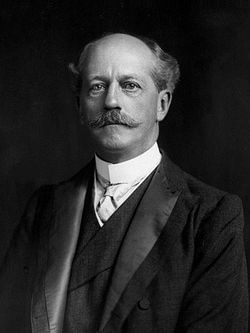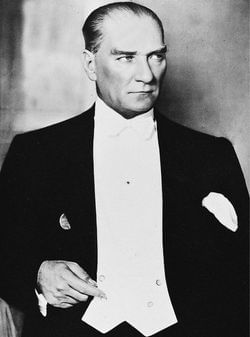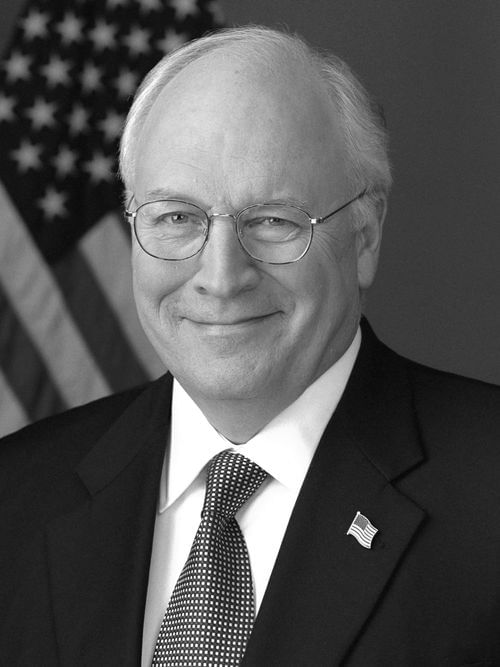
Photo Attribution: Image from the U.S. Air Force website, but likely made by office of the President., Public domain, via Wikimedia Commons
Dick Cheney
This example has been viewed 870x times
Summary
Rodden Rating
Analysis for Dick Cheney
Biography
Richard Bruce Cheney (/ˈtʃeɪni/ CHAY-nee;[a] born January 30, 1941) is an American politician and businessman who served as the 46th vice president of the United States from 2001 to 2009 under President George W. Bush. He is currently the oldest living former U.S. vice president, following the death of Walter Mondale in 2021.
Born in Lincoln, Nebraska, Cheney grew up there and in Casper, Wyoming.[4] He attended Yale University before earning a bachelor of arts and master of arts in political science from the University of Wyoming. He began his political career as an intern for Congressman William A. Steiger, eventually working his way into the White House during the Nixon and Ford administrations. He served as White House chief of staff from 1975 to 1977. In 1978, he was elected to the U.S. House of Representatives, and represented Wyoming's at-large congressional district from 1979 to 1989, briefly serving as House minority whip in 1989. He was selected as Secretary of Defense during the presidency of George H. W. Bush, and held the position for most of Bush's term from 1989 to 1993.[5] During his time there, he oversaw 1991's Operation Desert Storm, among other actions. Out of office during the Clinton administration, he was the chairman and CEO of Halliburton from 1995 to 2000.
In July 2000, Cheney was chosen by presumptive Republican presidential nominee George W. Bush as his running mate in the 2000 presidential election. They defeated their Democratic opponents, incumbent Vice President Al Gore and Senator Joe Lieberman. In 2004, Cheney was reelected to his second term as vice president with Bush as president, defeating their Democratic opponents Senators John Kerry and John Edwards. During Cheney's tenure as vice president, he played a leading behind-the-scenes role in the George W. Bush administration's response to the September 11 attacks and coordination of the Global War on Terrorism. He was an early proponent of invading Iraq, alleging that the Saddam Hussein regime possessed a weapons of mass destruction program and had an operational relationship with Al-Qaeda; however, neither allegation was ever substantiated. He also pressured the intelligence community to provide intelligence consistent with the administration's rationales for invading Iraq. Cheney was often criticized for the Bush Administration's policies regarding the campaign against terrorism, for his support of wiretapping by the National Security Agency (NSA) and for his endorsement of "enhanced interrogation techniques" which several critics have labeled as torture.[6][7][8] He publicly disagreed with President Bush's position against same-sex marriage in 2004,[9] but also said it is "appropriately a matter for the states to decide".[10]
Cheney, often cited as the most powerful vice president in American history,[11][12] ended his tenure as an unpopular figure in American politics with an approval rating of 13 percent.[13] His peak approval rating in the wake of the September 11 attacks was 68 percent.[14]
Source: https://en.wikipedia.org/wiki/Dick_Cheney
Raw Data
Horoscope Data
Comments
Natal Data
1941-01-30 19:30:00 LMT
40° 48′ 49.0″ N 96° 42′ 9.3″ W
Lincoln, NE, USA







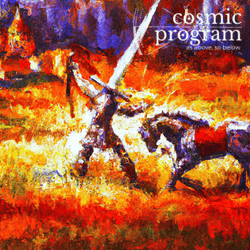












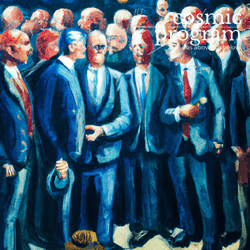


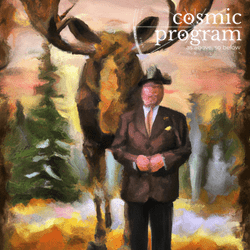
















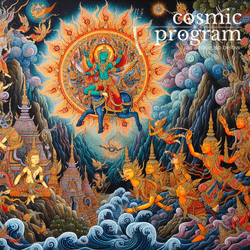










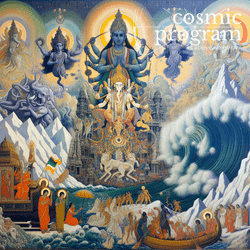

.jpg?bossToken=bb43af3eef325c3b7ac6eaaae109878b6909e9c40cc4de18aab273994992e3dd)
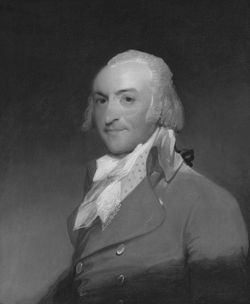

.jpg?bossToken=b8a2106574e3f57055be8bce3b1f9f03822dfaa2c0095af7089c82f1be095049)
.jpg?bossToken=1e246418f07d2b72d2593f3174d8a4cfd1d74826ef539c91e3d1825624d7515a)
.jpg?bossToken=a407825afc9ad0098c36f2f4cfefc2c934d4dff2dbc090a2c4ed299a12d7ffd0)
.jpg?bossToken=807fc79fbe39e1db224b641e7ecdd9b628b5414000f5f6daecb3ca583310e453)
